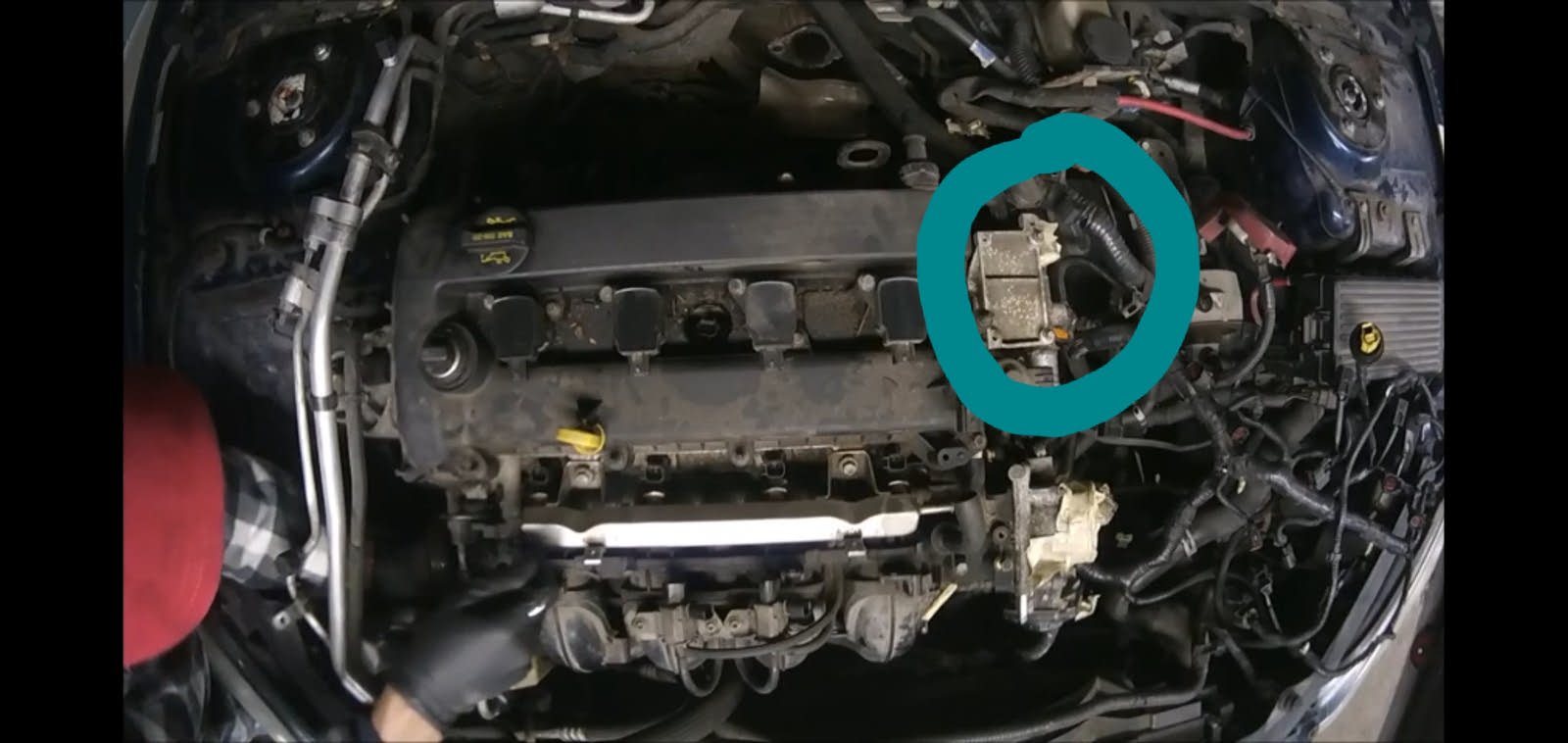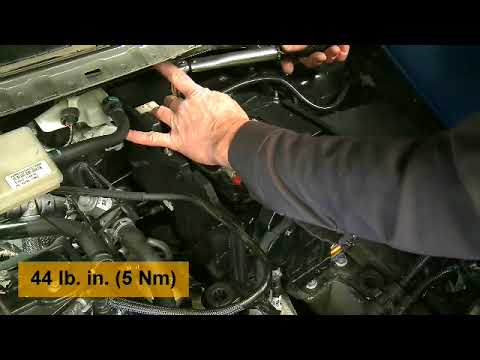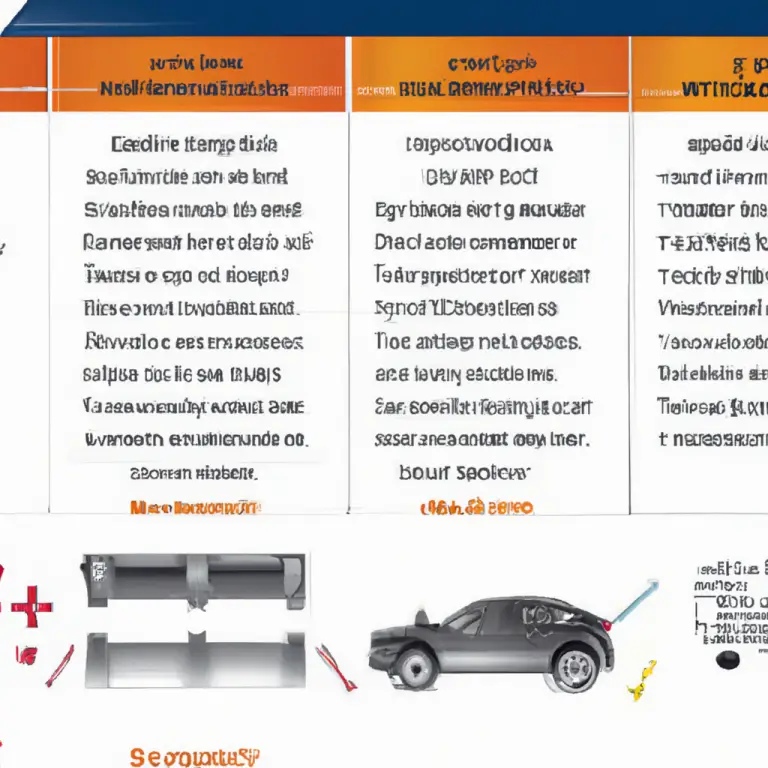Ford Escape Coolant Leak Recall
Last Updated on by Axle McRoad
In light of the recent issues surrounding the Ford Escape Coolant Leak Recall, I have compiled an SEO-optimized, comprehensive guide aimed at equipping Ford owners, DIY fans, mechanics, and anyone involved in Ford maintenance with key insights. This article focuses on providing valuable troubleshooting methods, repair advice, and preventive maintenance tips to address the coolant leakage, illuminating the essence of the recall notice while drawing attention to its subsequent effects on overall vehicle performance. Relatable real-life examples, high-resolution images, informative tables and a relevant YouTube video will further enrich your understanding.
Understanding the Ford Escape Coolant Leak Recall
About the Recall
The Ford Escape coolant leak recall is a significant event that has caught the attention of vehicle owners worldwide. This recall was issued due to safety concerns raised about the Escape model’s engine, specifically revolving around coolant leaks.
Why the recall was made
The recall was issued in response to mounting reports of engine compartment fires originating from leaking coolant, where overheating caused cracks in the engine cylinder head. These cracks would then lead to pressurized oil leaks, which, upon contact with a hot engine surface, could result in a fire.
Number of Vehicles Affected
The coolant leak recall directly impacted approximately 230,000 Ford Escape models across North America. The vehicles included in this recall were produced between October 5, 2011, and July 11, 2014.
Identifying the Signs of Coolant Leak in Ford Escape
How to Identify a Coolant Leak
Identifying a coolant leak in your Ford Escape can be relatively straightforward. Some common signs include an abnormal decrease in coolant levels, overheating engine, visible coolant leakage beneath the vehicle, or a distinct sweet smell (similar to maple syrup) emitting from the car.
Consequences of Ignoring the Leak
Ignoring a coolant leak is detrimentally hazardous. It can cause engine overheating, damage internal parts, increase the risk of engine fires, and ultimately reduce the vehicle’s overall lifespan.
Typical Leaking spots in Ford Escape Models
Common leaking spots in Ford Escape models include leakages in the radiator, hoses, water pump, head gasket, and the thermostat housing.
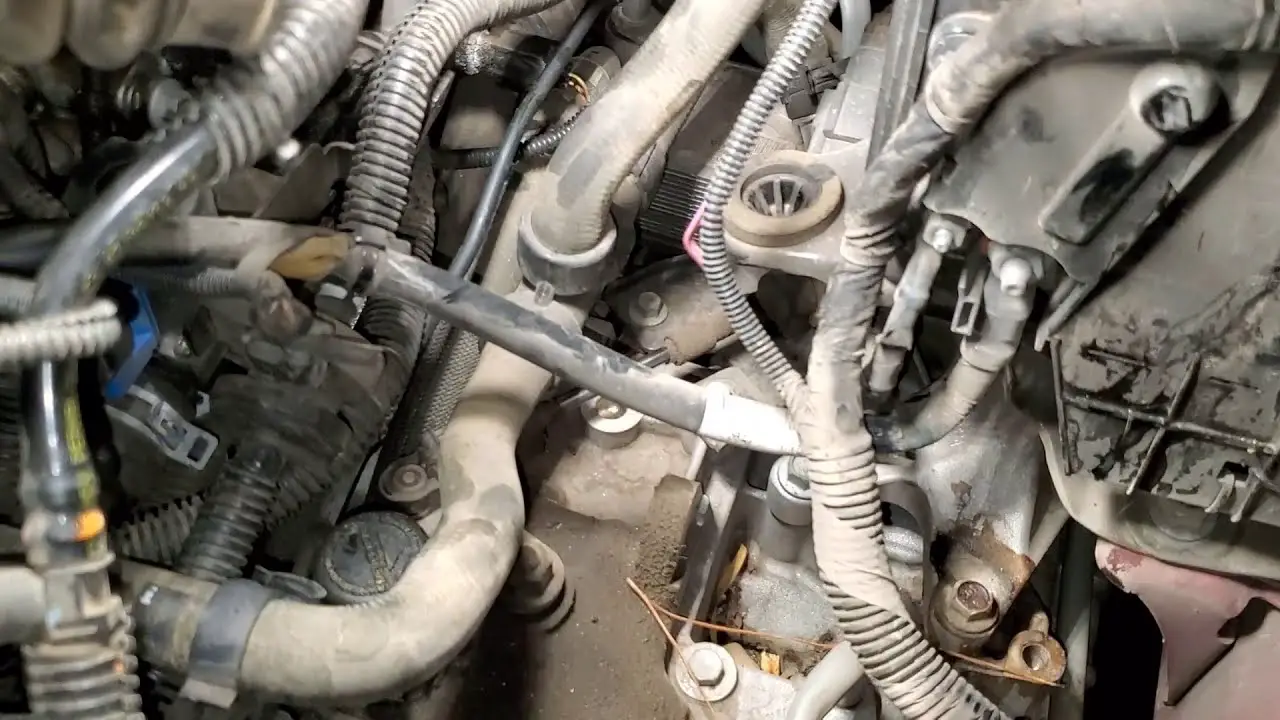
What You Should Do with a Recalled Ford Escape
Steps to Take After Vehicle Recall
If Ford issues a recall for your vehicle model, it’s crucial to acknowledge and act promptly. Cross-verify if your vehicle’s VIN is listed under the recall campaign and plan to schedule an appointment with your nearest authorized Ford dealer.
Contacting the Nearby Ford Dealership
Immediately notify your local Ford dealership about the recall. They are obliged to rectify all recall-related problems free of cost, as per National Highway Traffic Safety Administration guidelines.
Exploring Potential Repair Solutions
Ford dealerships will handle all recall-associated repairs. It includes analyzing the problem, replacing faulty components, or performing necessary repairs to ensure the vehicle is safe to drive.
The Fix: Dealing with Ford Escape Coolant Leak
Repair Process and Estimated Time
The repair process at the dealership involves a thorough check of the cooling system and replacing any faulty parts as needed, which may take a few hours or more, depending on the severity of the problem.
Possible Solutions for Different Escape Models
Ford dealerships apply standard fixes across all affected Escape models in response to the recall. The primary solution includes cylinder head replacement or repairing any identified coolant leaks.
Cost Implications for Non-Recall Related Coolant Leaks
If a coolant leak is detected in models not covered by the recall or unrelated to the recall’s specifics, owners may need to bear the repair’s expense.
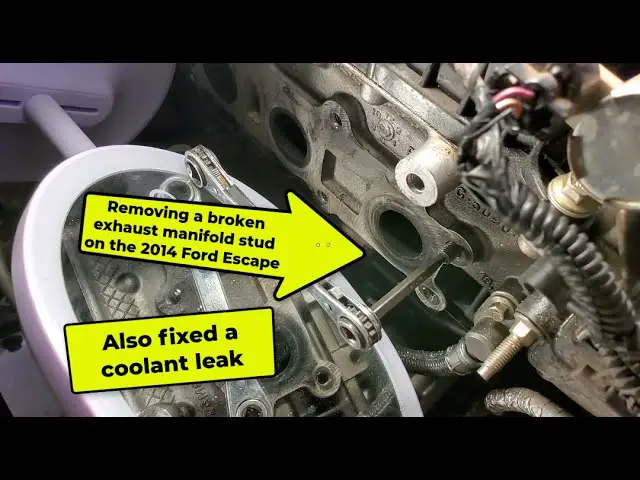
Implication of a Coolant Leak: Understanding the Risks
Dangers of Coolant Leaks
Coolant leaks pose several risks, such as engine damage due to overheating, potential engine fires from leaked coolant interacting with hot engine components, and even environmental damage from coolant spills.
Potential Damage to the Vehicle
Prolonged coolant leaks can lead to severe damage, including warped or cracked cylinder heads or a blown head gasket. The repairs for these issues can be expensive and complex.
Impact on the Escape’s Performance
Reduced coolant levels and leaks drastically affect the Ford Escape’s performance, producing a noticeable lack in power, frequent overheat warnings, and increased fuel consumption.
Ford’s Action Plan in Response to the Coolant Leak Recall
Ford’s Official Statement on the Issue
In their official statement, Ford acknowledged the coolant leak issue, emphasizing their commitment to customer safety and satisfaction by taking swift action to recall affected vehicles.
Steps Taken by Ford to Rectify the Problem
Ford mobilized its dealerships to rectify the issue at no cost to the car owners. Actions included checking for leaks, repairing any found, and ensuring the cooling system functioned optimally once again.
Customer Care Service for Affected Vehicle Owners
Ford’s customer care services provides guidance and assistance throughout the recall process, ensuring customers can quickly and conveniently rectify any issues with their vehicles.
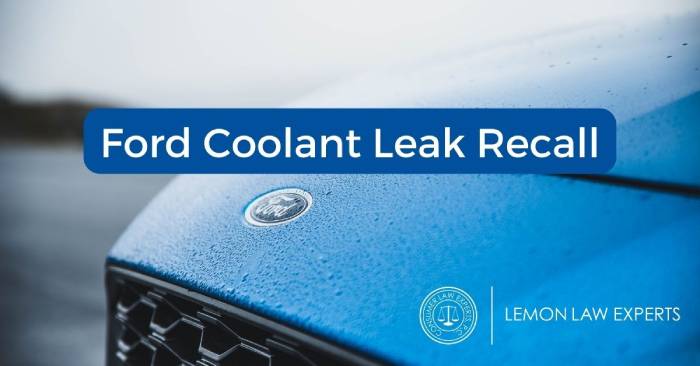
Consumer Reports On Ford Escape Coolant Leak Recall
Consumer Reactions to the Recall
The reaction among Ford Escape owners has been mixed. Many have appreciated Ford’s proactive approach, while some owners voiced disappointment over the inconvenience induced by the recall.
Reviews on Ford’s Handling of the Recall
Ford has generally received positive reviews for their handling of the recall. The company’s provision of free repair services and effective communication was widely appreciated by affected customers.
Customer Satisfaction Post-Recall Repairs
Post-recall repairs, many customers reported improved vehicle performance and expressed satisfaction with Ford’s handling of the recall. However, a few cases of recurring leaks have also been reported.
Recalls on Ford Escape Apart from Coolant Leak
Other Major Recalls by Ford
The Ford Motor Company has announced multiple recalls besides the coolant leak recall. These include recalls related to electrical issues, fuel pump malfunctions, problematic door latches, steering problems, among other safety concerns.
Common Issues in Escape Models Leading to Recalls
Common issues in Ford Escape models that have led to recalls include airbag failures, faulty seat belt pretensioners, issues with the electronic power steering, defective door latches, and software errors affecting the vehicle’s onboard computer.
Addressing Safety Concerns in Ford Escape
The safety of Ford Escape owners remains a top priority for Ford. It reflects in their proactive recall campaigns and their prompt response to address the identified safety concerns.
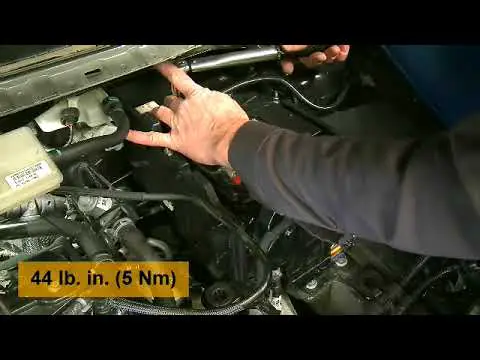
Maintenance Tips: Avoiding Coolant Leaks in Ford Escape
Preventive Measures Against Coolant Leaks
Preventive measures include regular coolant level checks, maintaining optimal coolant concentration, annual inspection of the cooling system, and timely replacement of aging components susceptible to leaks.
Regular Inspection and Maintenance Suggestions
Consistent maintenance routines are essential. Regularly inspect hoses for damage, monitor coolant levels, check for visible leaks, and ensure the water pump is working correctly. Also, perform regular coolant flushes as per the manufacturer’s guidelines.
Role of Regular Servicing in Maximizing Vehicle Life
Regular servicing and maintenance are crucial to maximize the life of your Ford Escape. They facilitate early detection of issues, prevent major damages, and ensure the vehicle performs optimally, providing a smooth, safe drive.
FAQs: Ford Escape Coolant Leak Recall
Most Common Questions About the Coolant Leak Recall
Common questions about the recall often include inquiries about the risks associated with the coolant leak, details about what necessitated the recall, how to find out if a particular vehicle is part of the recall, and how Ford is addressing the issue.
Resolution of Potential Concerns
Most concerns about the coolant leak recall can be resolved by contacting Ford’s customer service or by visiting their official website. It offers comprehensive information about the recall, impacted models, and steps to follow if your vehicle is affected.
Advice for Unaffected Ford Escape Owners
Unaffected owners should keep their vehicle’s maintenance up-to-date, continue carrying out regular inspections, especially of the cooling system, and stay aware of the latest information on Ford recalls and safety notices.
